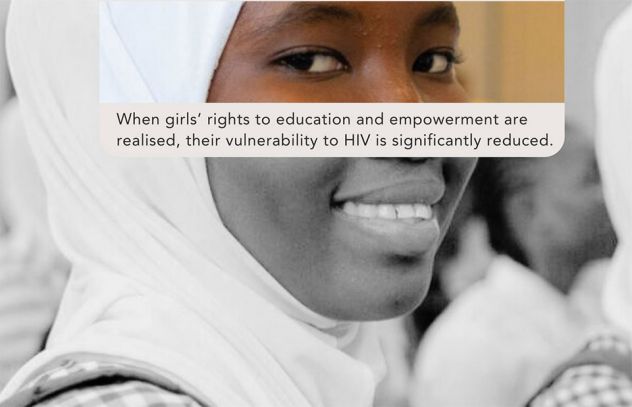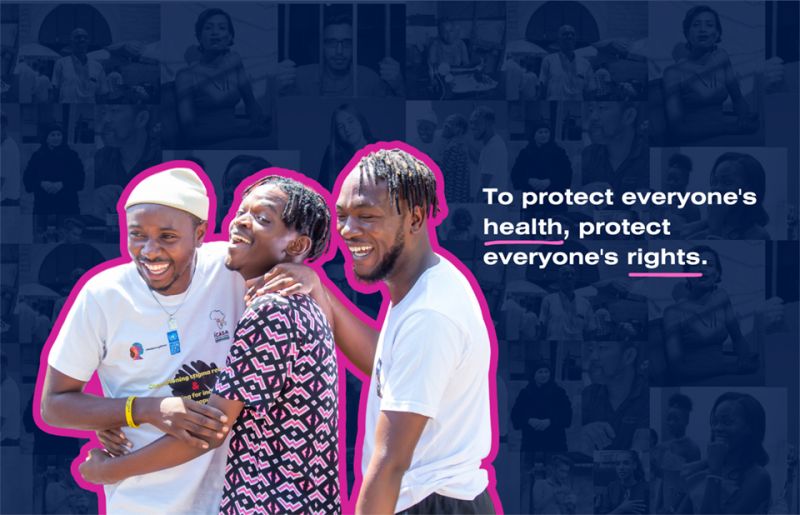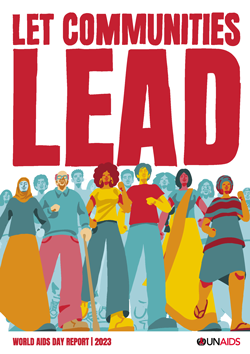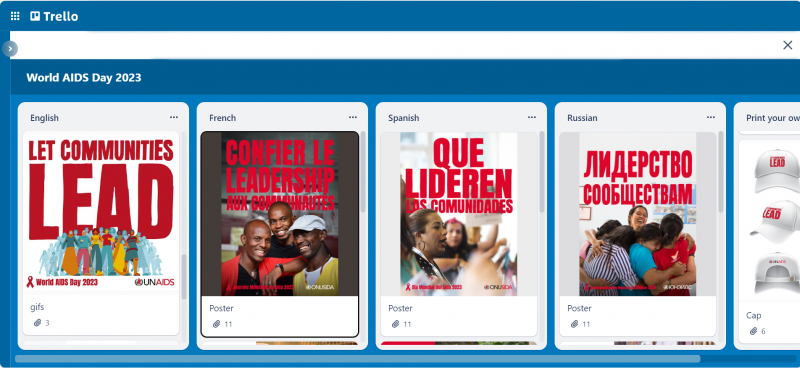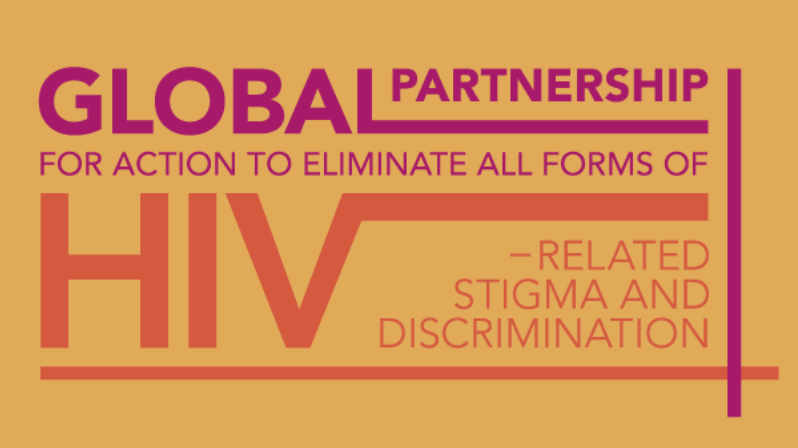Every pain yields a lesson, and every lesson transforms a person
Parisa's life was forever altered by HIV 25 years ago. The virus struck her family, snatching her husband's job and halting her child's education. Tragically, her husband passed away two years later, leaving Parisa to navigate the daunting landscape of loss and discrimination.
“I did not have a clue about this illness. It was, in fact, the first time I had even heard the word 'AIDS'”.
Parisa
Undeterred by adversity, Parisa embarked on a relentless mission for human rights, determined to combat the pervasive stigma and discrimination surrounding HIV. Initially, she immersed herself in seminars and conferences, volunteering tirelessly at counselling centres, where she shared her own experiences to chip away at the stigma and discrimination.
“My activities in the Positive Club allowed me to broaden my knowledge and take more effective steps toward raising public awareness, reducing HIV stigma and discrimination, and helping my peers… IRCHA and UNAIDS supported me to expand my knowledge and gave me the chance to exchange my experiences with the members of Positive Clubs in and out of the country.”
Parisa
Her unwavering dedication caught the attention of Dr Minoo Mohraz, the former director of the Iranian Research Centre for HIV/AIDS (IRCHA), who offered her a pivotal role in a Positive Club—a sanctuary for those grappling with similar challenges. Thus began Parisa's transformative journey, marked by a series of initiatives aimed at raising awareness, eradicating stigma and discrimination, and supporting her peers.
WHAT IS THE POSITIVE CLUB INITIATIVE? The Positive Club is a meeting place for people living with HIV, who run the club themselves, with supervision from Parisa and colleagues. At the club, people receive training in arts, and sports, and as peer educators. The Positive Club initiative was one of the successful programmes aimed at promoting positive health, dignity, and HIV prevention; it has been running for over 12 years with support from UNAIDS in collaboration with national partners and civil society organizations. Through this initiative, over 10,000 people living with HIV have been supported across 25 Positive Clubs, empowering them through training classes, workshops on HIV prevention, care and treatment, counselling sessions, and psychosocial support.
Over the years, Parisa's efforts have been nothing short of extraordinary. From managing a Positive Club in Tehran to representing people living with HIV in various influential platforms, including Iran's Country Coordinating Mechanism, its Oversight Committee, and Global Fund, she has been a relentless advocate for change.
Her initiatives have spanned diverse arenas, from radio shows and collaborations with filmmakers to training workshops for religious leaders and healthcare providers. Parisa's impact reverberates across borders, as she leverages regional platforms like MENA Rosa --the first regional network dedicated to women living with HIV in the Middle East and North Africa-- to exchange experiences and champion global efforts against HIV stigma and discrimination with a particular focus on Women living with and affected by HIV.
Amid the COVID-19 pandemic, Parisa's compassion for people living with and affected by HIV was once again evident. She mobilized support networks to provide essential supplies for Positive Club members and vulnerable families, ensuring that the crisis does not exacerbate the challenges faced by PLHIV.
Reflecting on the progress made over the last 25 years, Parisa acknowledged the remarkable strides in combating HIV-related stigma and discrimination. Efforts to eliminate HIV-related stigma and discrimination have been led by the UNAIDS Country Office for Iran, alongside national partners of the AIDS Control Programme. Notably, the first PLHIV Stigma Index study, conducted in 2010, laid the foundation for understanding the landscape of stigma in Iran. Subsequently, a second PLHIV Stigma Index study, was carried out by the network of PLHIV in collaboration with UNAIDS, Global Network of PLHIV (GNP+), International Community of Women Living with HIV (ICW), Johns Hopkins Medical University (JHMU), National AIDS Programme (NAP), and with financial support from Global Fund to Fight AIDS, Tuberculosis and Malaria (GFATM) /UNDP. Parisa played an important role in implementing the Stigma Index 2.0 which provided updated insights.
COMPARING OF BOTH OF IRAN’S STIGMA INDEX STUDIES A comparison between the two Stigma Index studies conducted ten years apart, using updated methodologies, revealed promising changes. The prevalence of self-stigma among PLHIV decreased significantly from 80% to 40%. Similarly, the percentage of PLHIV refraining from seeking medical help has decreased from 80% to 19%, underscoring improved accessibility to healthcare services and increased health-seeking behaviour among affected individuals. Overall, reports of stigma and discrimination have decreased from 71% to 47%, reflecting tangible improvements in societal attitudes to HIV.
Parisa reflects on these notable shifts in HIV-related Stigma observed between the two studies. In the initial Stigma Index conducted a decade ago, internal stigma was predominant among PLHIV, followed by societal and healthcare provider stigma. However, in the subsequent study, internal stigma was significantly reduced, while stigma and discrimination from healthcare providers emerged as the most prevalent issue. The improvement observed in internal stigma among PLHIV could be partly attributed to the work of the empowering Positive Clubs. Additionally, this improvement highlights the importance of ongoing efforts to address stigma and discrimination comprehensively, with a particular focus on healthcare settings. By acknowledging these shifts and persisting in their efforts, UNAIDS Iran, Parisa and her colleagues remain committed to building a future free from the burdens of HIV-related stigma and discrimination.
Through her nearly two decades of hotline counselling experience, Parisa has witnessed a shift in attitudes, with increased awareness and openness surrounding HIV discourse.
She credits grassroots campaigns and community-led initiatives for driving this transformation, paving the way for a more inclusive society.
“Positive Clubs have been played a very effective role in empowerment and phycological support to the members and reducing stigma and discrimination.”
Parisa
In 2019, Iran joined the Global Partnership to Eliminate all forms of HIV-related stigma and discrimination, prioritizing a strong emphasis on interventions within communities, emergency/humanitarian settings, and healthcare facilities. With support from UNAIDS, protocols and training packages were developed to address stigma and discrimination in these critical areas. These efforts were carried out in close collaboration with national partners and civil society organizations, with training workshops being a key component of the initiative.
OVERVIEW OF GLOBAL PARTNERSHIP The Global Partnership for action to eliminate all forms of HIV-related stigma and discrimination is a critical vehicle for action to mobilise all countries to reach the political declaration and Global AIDS Strategy targets. It leverages partnerships to enhance coordination of interventions and funding; it provides knowledge and evidence-guided technical support; and increases accountability mechanisms and community leadership.
Parisa was actively involved in the implementation phase of these projects. Her contributions have been instrumental in advancing the work to eradicate HIV-related stigma and discrimination across humanitarian, healthcare, and community settings.
However, Parisa acknowledges the persistent challenges faced by PLHIV, from sporadic bouts of self-doubt to occasional rejections and the lingering shadows of depression and fear. Despite these hurdles, she remains steadfast in her belief that we can achieve a future free from stigma and discrimination.
As Parisa continues her tireless advocacy, her journey stands as a testament to the resilience of the human spirit and the power of collective action in fostering a world where every individual, regardless of their HIV status, is embraced with dignity and compassion.
“Of course, people living with HIV still experience stigma and discrimination at different stages of their lives but have a hope for a day free of stigma and discrimination.”
Parisa
UNAIDS has played a pivotal role in the establishment and sustained operation of Positive Clubs for over a decade, catalyzing transformative changes in the lives of people living with HIV such as Parisa and in the fight against stigma and discrimination. Nonetheless, the journey towards eliminating stigma and discrimination remains unfinished, albeit considerably smoother and more steadfast with the collaborative efforts and political commitment of initiatives such as the Global Partnership.
“Together, we continue to pave the way towards a future free from the burdens of stigma and discrimination for all individuals living with and affected by HIV.”
Parisa



